Permanent Deputy Minister Pham Ngoc Thuong chaired the workshop. Also attending were leaders of units under the Ministry, representatives of the British Council, and leaders of several Departments of Education and Training.
Focus on 7 groups of tasks and solutions
Opening the workshop, Permanent Deputy Minister Pham Ngoc Thuong said: On August 21, 2024, the Politburo issued Conclusion No. 91-KL/TW; which includes the content of "gradually making English the second language in schools".
Since then, the Ministry of Education and Training has urgently researched and organized many workshops to develop the Project. Up to now, the draft Project "Making English the second language in schools in the period 2025-2035, with a vision to 2045" has been widely consulted with the Departments of Education and Training, central ministries/sectors and has been submitted to the Government Office twice.
Sharing the initial views, objectives, tasks and main solutions in the Project, the Deputy Minister hoped that the delegates, especially the representative of the British Council, would share experiences that have been implemented in many countries around the world , helping to make English a second language faster, more effectively and with better quality; more schools, teachers and students would benefit; thereby improving the English proficiency of Vietnamese students...
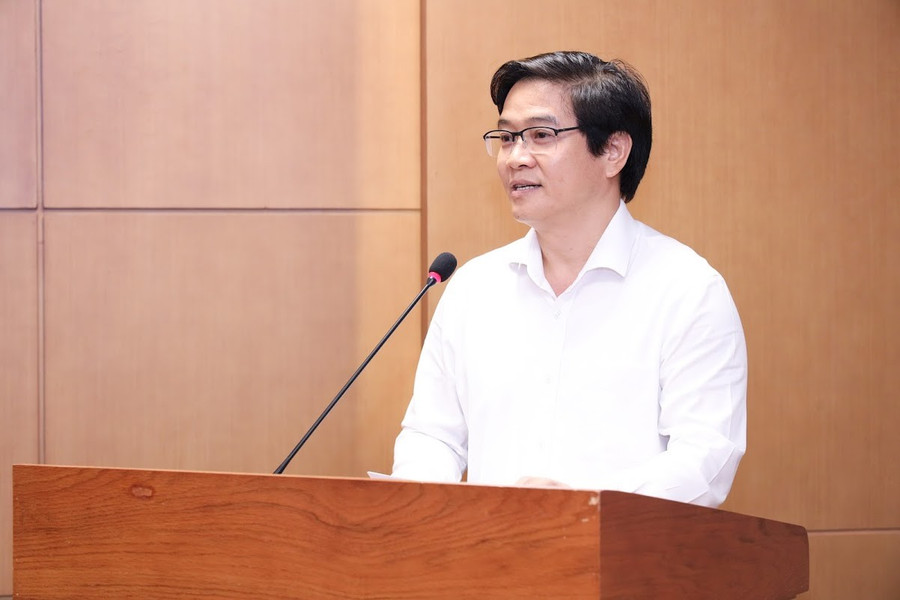
Mr. Thai Van Tai, Director of the General Education Department, informed: Implementing the 2018 General Education Program, from 2020, Vietnam officially made English a compulsory subject from grade 3 with an approach suitable for developing students' language skills. Currently, 100% of students are required to study English in school from grade 3. In addition, more than 70% of students in grades 1 and 2 choose to study English as an elective subject.
This is a step ahead, a basic advantage to implement English as a second language in schools. However, there are still many difficulties, especially in remote areas.
Affirming the caution in the process of building the Project, Mr. Thai Van Tai shared the consistent and consistent viewpoint of this Project is to implement consistently according to common standards, with a roadmap and steps; with inspection and supervision; with a socialization policy; with training and recruitment of core teachers; in terms of expertise, with learning English as a subject and creating an environment for learning other subjects in English.
In the Project, specific targets are divided into 3 stages (2025-2030, 2030-2040, 2040-2045) for each level of education (preschool, general education, continuing education, vocational education, university education). Specific targets are built with striving indicators for each level of education, showing 3 levels of achievement in making English a second language with a set of assessment standards including 7 criteria.
This set of criteria is linked to the conditions for ensuring facilities, staff quality, teaching plans, organizing educational activities, administrative services, scientific and technological research, closely following the regulations of the Ministry of Education and Training. In addition, there are some new contents, linked to practice, demonstrating the participation of educational institutions in striving to make English the second language in schools.
To achieve the set goals, the Project has 7 main groups of tasks and solutions, including: Raising awareness of the whole society about the role of English in education and integration; building and perfecting institutions and policies to make English the second language in schools;
Develop staff and improve the quality of training and fostering of managers, teachers, lecturers teaching English and teaching in English, ensuring sufficient quantity and consistent quality;
Develop and implement programs and learning materials for teaching English and teaching in English; innovate teaching methods, testing, assessment methods, and promote the development of an English environment as a second language in schools;
Promote the application of advanced technology and artificial intelligence, improve facilities and equipment to ensure quality for the development of bilingual education activities, English teaching and learning, and teaching in English, prioritizing disadvantaged and especially disadvantaged areas;
Strengthen international cooperation, promote socialization and public-private partnership in improving the quality of English teaching and learning, and teaching in English; launch emulation movements and practical and effective rewards, as a driving force to promote the implementation of the Project nationwide.
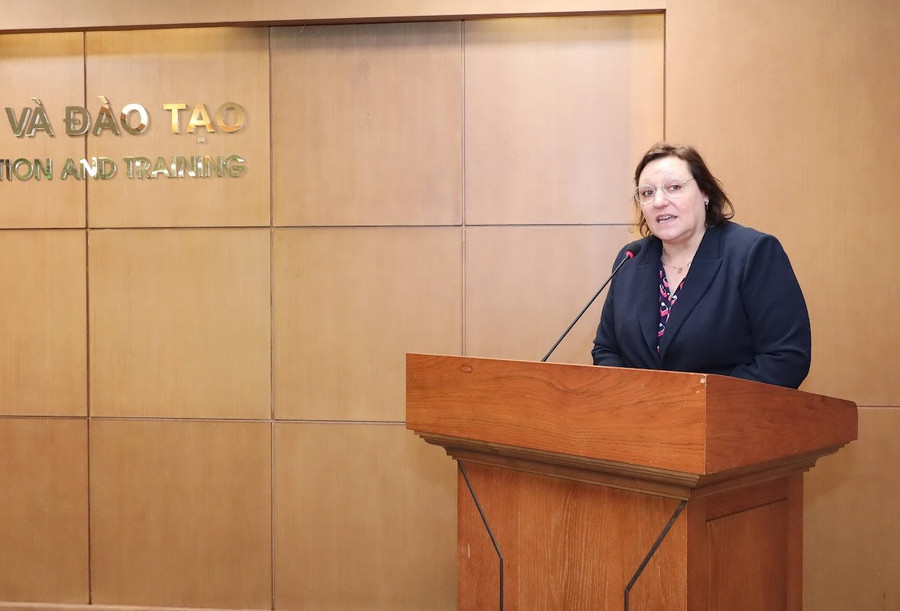
Teachers are the key factor
British Council representative, Dr. Victoria Clark shared international experience and supported the implementation of English as a second language policy.
Accordingly, Dr. Victoria Clark believes that the English as a second language policy aims at: Graduates can communicate effectively in English to serve global cooperation, improve competitiveness and be ready to participate in the working environment. Students develop the ability to use English effectively to communicate, achieve academic achievement and improve future career opportunities.
Parents support their children in their studies and career development through encouragement, building confidence, and motivating them to use English as an effective communication tool.
Teachers are enabled to teach effectively, learner-centered, through modern, communicative teaching methods.
Dr. Victoria Clark also pointed out the main challenge in making English a second language, which is the gap between policy and practice, and said that a policy is only effective when it is properly implemented.
The specific challenges shared by Dr. Victoria Clark were related to: Teacher capacity; lack of consistency between curriculum, teaching methods and assessment; policy coordination and implementation; communication, consensus of stakeholders; quality assessment indicators and frameworks; assessment and monitoring systems.
The British Council's experience in supporting a number of countries to overcome the above challenges was also discussed by Dr. Victoria Clark.

Pointing out some limitations and difficulties in teachers implementing English as a second language in schools, Mr. Vu Minh Duc, Director of the Department of Teachers and Educational Managers, hopes that the British Council will support the Ministry of Education and Training in testing and evaluating the capacity of English teachers; applying artificial intelligence to support teachers in learning English; and at the same time, supporting the construction of an English-using environment in schools...
At the workshop, representatives of the Departments of Education and Training shared the contents implemented to improve the quality of teaching and learning English in schools; advantages, difficulties and solutions; and at the same time affirmed the high determination to make English the second language in schools.
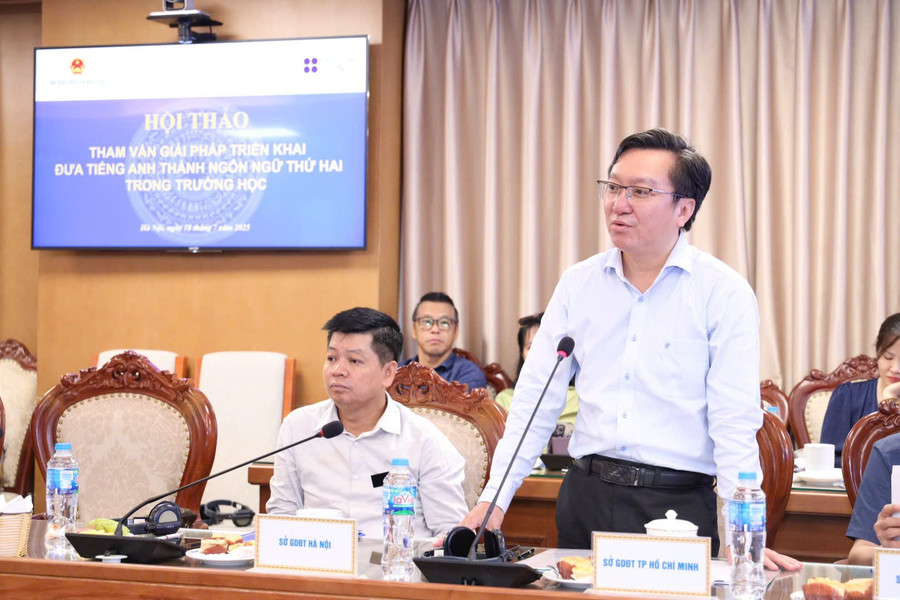

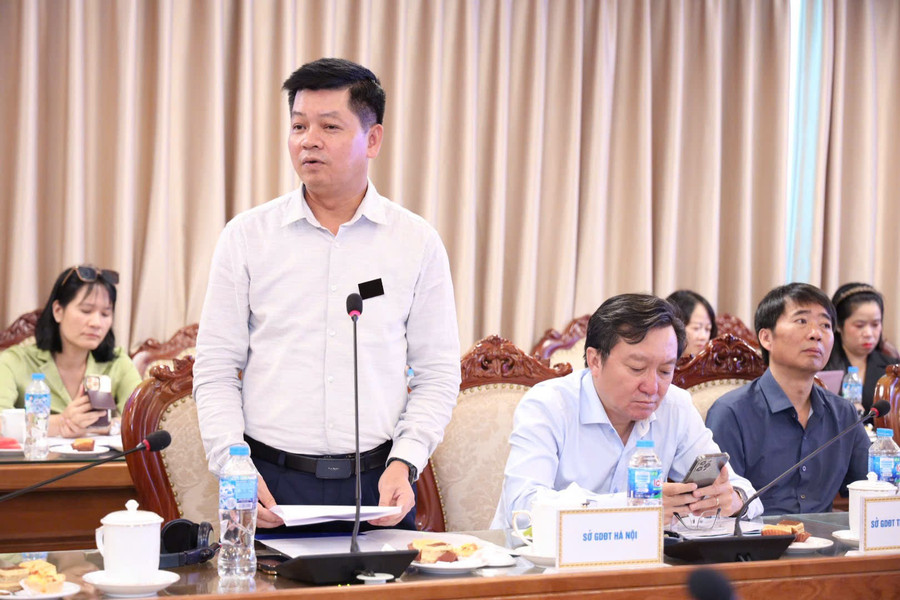
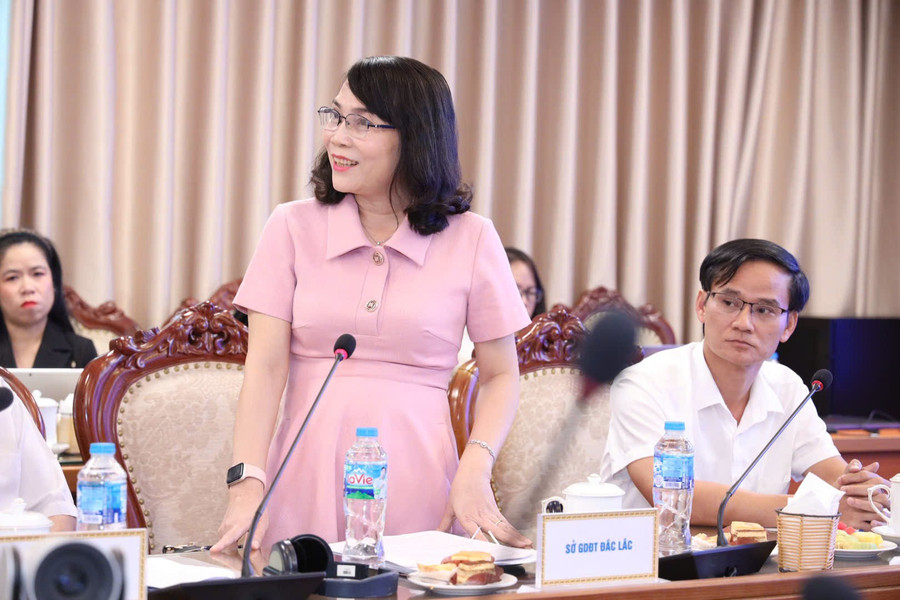
Concluding the workshop, Permanent Deputy Minister Pham Ngoc Thuong said that the Project has clearly defined the tasks of the Ministry of Education and Training, of ministries/sectors, and of provinces and Departments of Education and Training; at the same time, it emphasized the high requirement for local initiative in concretizing and detailing solutions suitable to the specific conditions of their locality. Along with that, the viewpoint is not to wait for sufficient conditions to do it, not to line up horizontally, wherever it can go first, it will lead and be the locomotive to break through... On the side of the Ministry of Education and Training, there will also be an annual plan to implement the Project according to the roadmap.
The Deputy Minister requested relevant departments and offices, according to their functions and tasks, to advise the Ministry's leaders on professional, institutional and implementation issues. The Department of General Education is preparing to develop a plan to hold a conference to deploy the Project immediately after it is approved by the Prime Minister.
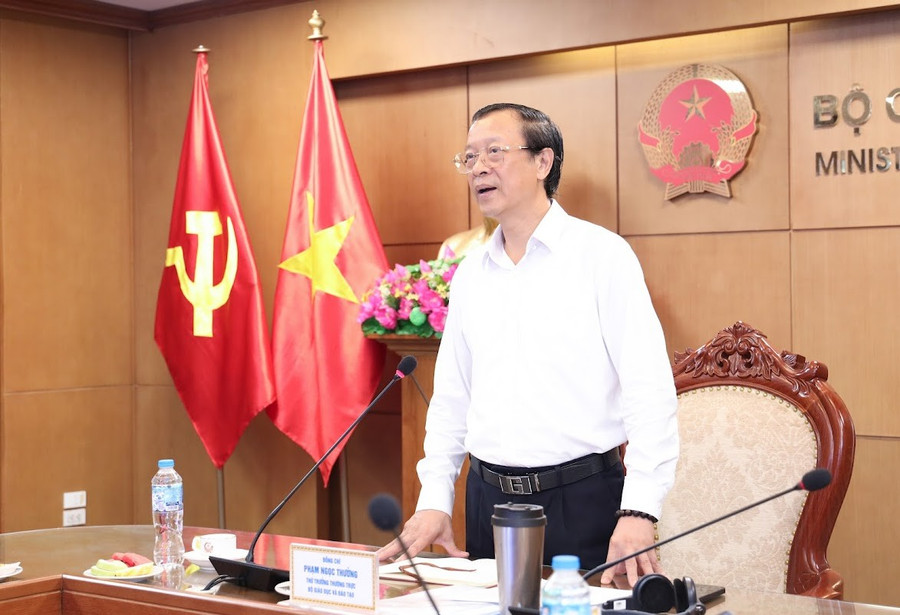
The Departments of Education and Training have been proactive and will continue to be more proactive. In particular, they proactively advise the Provincial/City Leaders to issue policies and regulations for teachers and learners, management work, strengthen facilities, equipment, and organize implementation at the local level. From the Project, it is necessary to have very practical and dynamic solutions that are suitable to the actual conditions of the locality.
With the British Council, the Deputy Minister expressed his wish to continue to accompany and support the Ministry of Education and Training and the education sector in implementing the introduction of English as a second language in schools; especially in teacher surveys, teacher training, using AI in teacher training and English teaching and learning activities; testing and evaluating learners and teachers...
Source: https://giaoducthoidai.vn/quyet-tam-cao-dua-tieng-anh-tro-thanh-ngon-ngu-thu-hai-trong-truong-hoc-post740400.html


![[Photo] 60th Anniversary of the Founding of the Vietnam Association of Photographic Artists](/_next/image?url=https%3A%2F%2Fvphoto.vietnam.vn%2Fthumb%2F1200x675%2Fvietnam%2Fresource%2FIMAGE%2F2025%2F12%2F05%2F1764935864512_a1-bnd-0841-9740-jpg.webp&w=3840&q=75)


![[Photo] National Assembly Chairman Tran Thanh Man attends the VinFuture 2025 Award Ceremony](/_next/image?url=https%3A%2F%2Fvphoto.vietnam.vn%2Fthumb%2F1200x675%2Fvietnam%2Fresource%2FIMAGE%2F2025%2F12%2F05%2F1764951162416_2628509768338816493-6995-jpg.webp&w=3840&q=75)




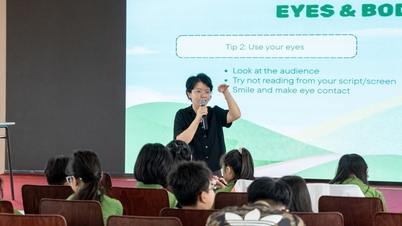

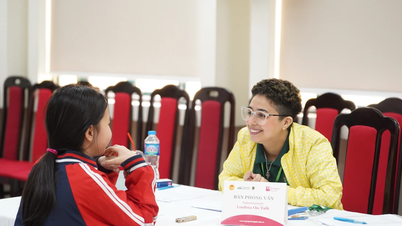

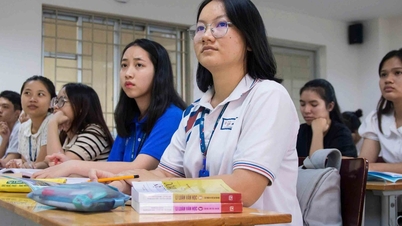


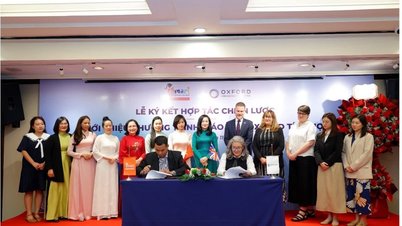
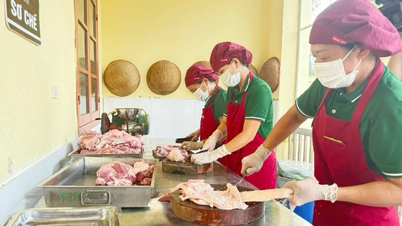

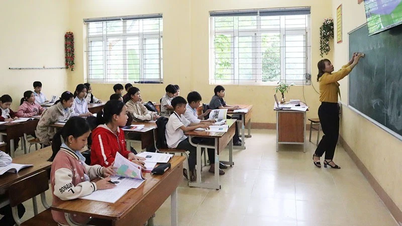


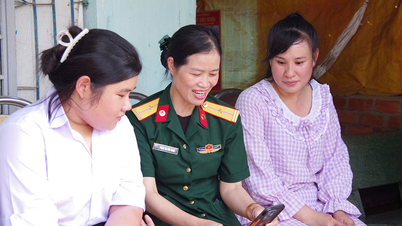

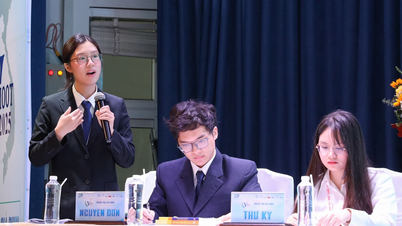
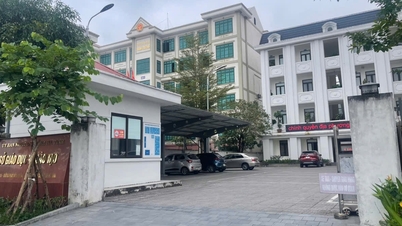







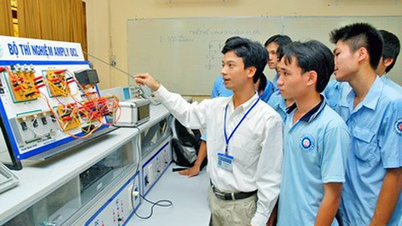
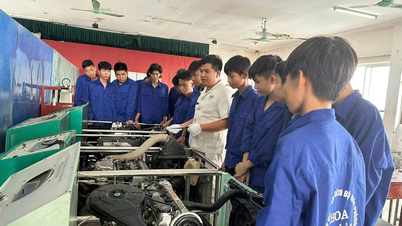
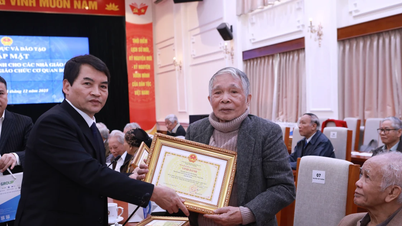





































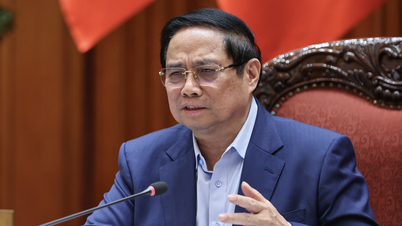












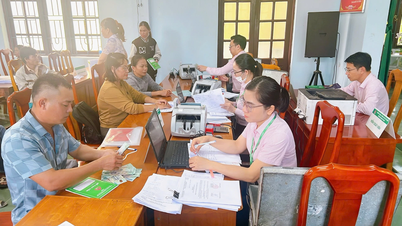























Comment (0)